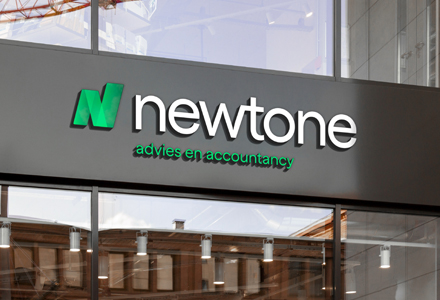The Netherlands not only occupies the top spot when it comes to digital infrastructure, but is also an important country for the spread of malware by cybercriminals. It is therefore surprising that knowledge in cybersecurity and online privacy is lacking in some areas.
The Netherlands does not have sufficient knowledge, especially in terms of techniques to work safely online. This is according to a survey by cybersecurity specialists NordVPN. Only 50% of Dutch people surveyed in this study correctly answered the question about how to work safely online.
Seven countries scored better
Since the Netherlands scored the best out of all the countries surveyed in terms of recognizing various online risks and how to avoid them (72%), our country is still in fourth place in the overall country ranking.
However, this result looks more positive than it actually is, because two countries with the same score (Poland and Singapore) are in first place, as well as second place (Germany and the United States). While the third rank is even occupied by England, Austria and Portugal. In short: seven countries score better than the Netherlands.
Annual survey
NordVPN conducts a National Privacy Test (NPT) every year. This is a global survey that evaluates cybersecurity knowledge and online privacy awareness. With these results, NordVPN aims to educate the public about cyber threats and the importance of data and information security. This year, the survey was conducted by 26,174 people from 175 countries.
If we compare test results over several years, it can be seen that global awareness of online privacy and cybersecurity is on the decline. The paradox, according to researchers, has to do with the fact that the number of threats and the number of available solutions are steadily increasing. One could no longer see wood for trees.
Secure WiFi network
If we specifically zoom in on the answers the Netherlands gave to the survey, it appears that they handle suspicious offers from streaming services well (96%) and can create strong passwords (94%). The Dutch are also aware of which sensitive data they are not allowed to share on social media and what are the risks of storing credit card details in their browser (both 90%).
However, only 2% of Dutch people know about online tools that protect digital privacy and only 13% know what data internet providers collect as part of metadata. Additionally, only 17% know how to secure their home Wi-Fi network.
Tips for online safety
Following its annual survey, NordVPN provides a number of tips for people looking to improve their online privacy and security.
- Use a strong and unique password. Create strong passwords for all your online accounts and avoid using identical passwords across multiple platforms.
- Use multi-factor authentication (MFA). This adds an extra layer of security by requiring the user to provide additional authentication in addition to their password.
- Keep all software up to date.
- Always use a Virtual Private Network (VPN). It encrypts your internet connection and helps protect your personal information. A VPN is essential when connecting to public Wi-Fi networks.

“Falls down a lot. General tv buff. Incurable zombie fan. Subtly charming problem solver. Amateur explorer.”







